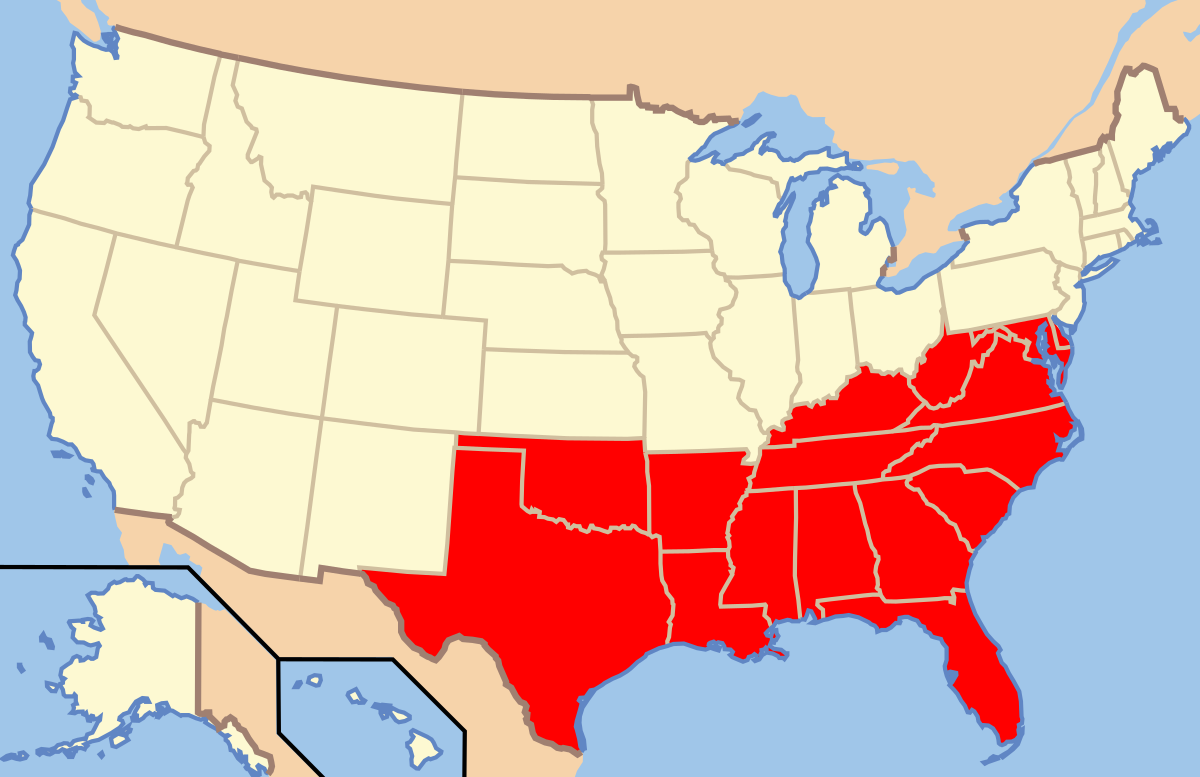- Joined
- Apr 22, 2019
- Messages
- 47,090
- Reaction score
- 22,927
- Gender
- Male
- Political Leaning
- Progressive
Changes to the makeups of the political parties have been going on a long time as described. "Southern Strategy" is a very specific thing that as I understand, Nixon strategist Kevin Phillips created in the 1968 election to attempt to use voters who didn't like the civil rights bills and changes, to take political advantage and appeal to them, as Nixon looked hard for things to run on.
It wasn't that hard to find such voters, not just because 'they were so much more racist', but because 'change is hard'; much of the country already felt civil rights was being pushed too fast too hard. Things that became nearly universal values over time were abrasive when they were changed. For a more recent analogy, no state in the US approved of gay marriage before the country had years to 'get used to it'.
In 1968, not only was the country 'raw' over the changes, but you had things like 'Nation of Islam', the 'Black Panthers', and in 1968 you had America's cities burning to the ground in race riots; in a 'culture war', 1968 was the year of the 'black power' first being raised at the Olympics. There was a lot of fuel for someone who would 'calm things down and restore law and order'. It was a sensible political strategy.
This is where the idea of Nixon's 1968 phrase "silent majority" came from also. People who felt they had been left out with all the changes. Not only all of that, but there was the political threat of George Wallace, who was running third party, siphoning off the 'racist vote' from Nixon.
The south had long been 'ripe for the picking', but the civil rights progress created more of an opportunity to make more changes to alignment. But race was quite a divisive issue not on our terms - 'KKK versus decent people' - but as a raw issue with a lot of change and seemingly 'on flames' in many ways at the time. An analogy would be like if the 1/6 riot had been a BLM protest - then multiply that many times.
It wasn't that hard to find such voters, not just because 'they were so much more racist', but because 'change is hard'; much of the country already felt civil rights was being pushed too fast too hard. Things that became nearly universal values over time were abrasive when they were changed. For a more recent analogy, no state in the US approved of gay marriage before the country had years to 'get used to it'.
In 1968, not only was the country 'raw' over the changes, but you had things like 'Nation of Islam', the 'Black Panthers', and in 1968 you had America's cities burning to the ground in race riots; in a 'culture war', 1968 was the year of the 'black power' first being raised at the Olympics. There was a lot of fuel for someone who would 'calm things down and restore law and order'. It was a sensible political strategy.
This is where the idea of Nixon's 1968 phrase "silent majority" came from also. People who felt they had been left out with all the changes. Not only all of that, but there was the political threat of George Wallace, who was running third party, siphoning off the 'racist vote' from Nixon.
The south had long been 'ripe for the picking', but the civil rights progress created more of an opportunity to make more changes to alignment. But race was quite a divisive issue not on our terms - 'KKK versus decent people' - but as a raw issue with a lot of change and seemingly 'on flames' in many ways at the time. An analogy would be like if the 1/6 riot had been a BLM protest - then multiply that many times.






